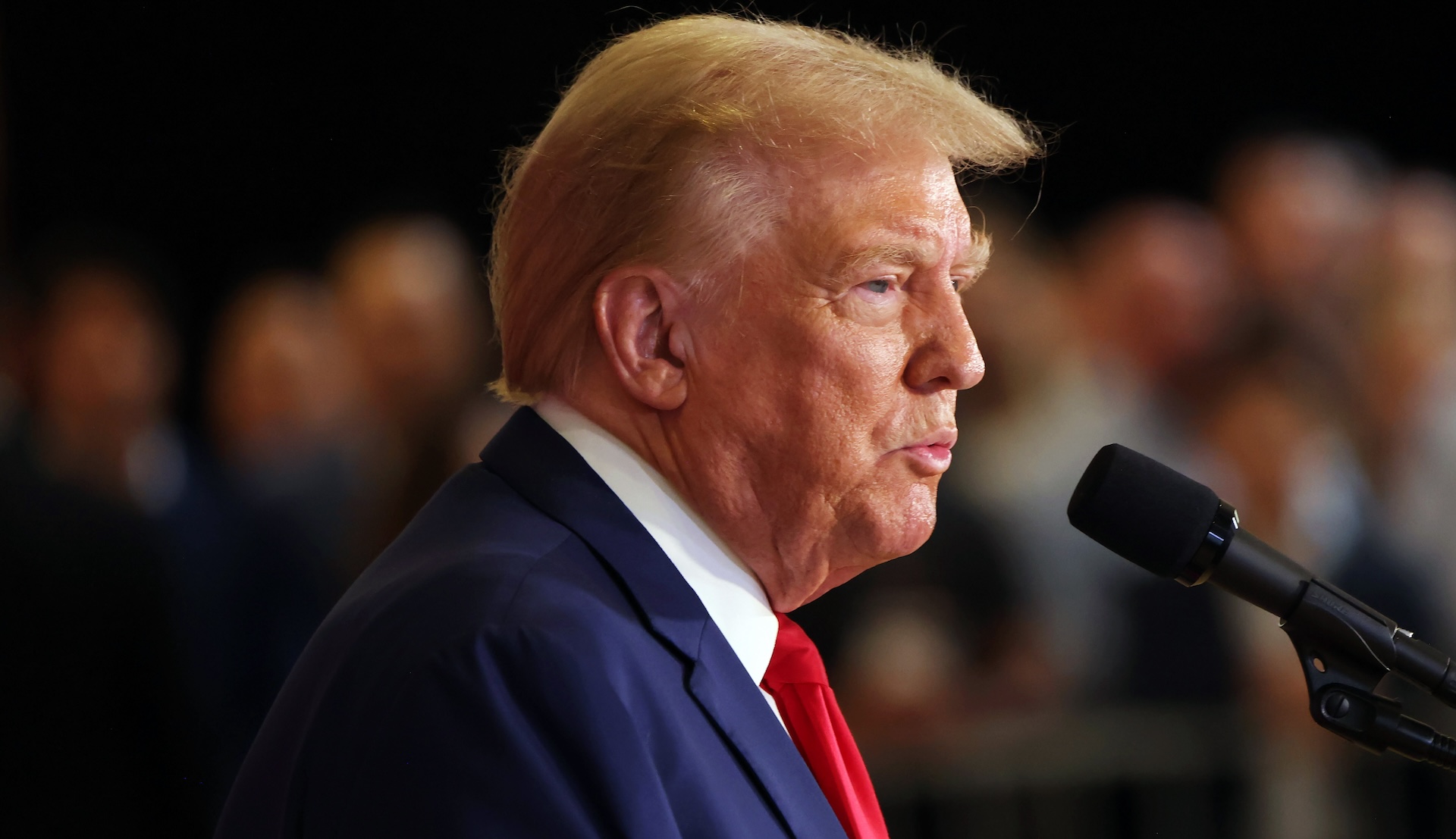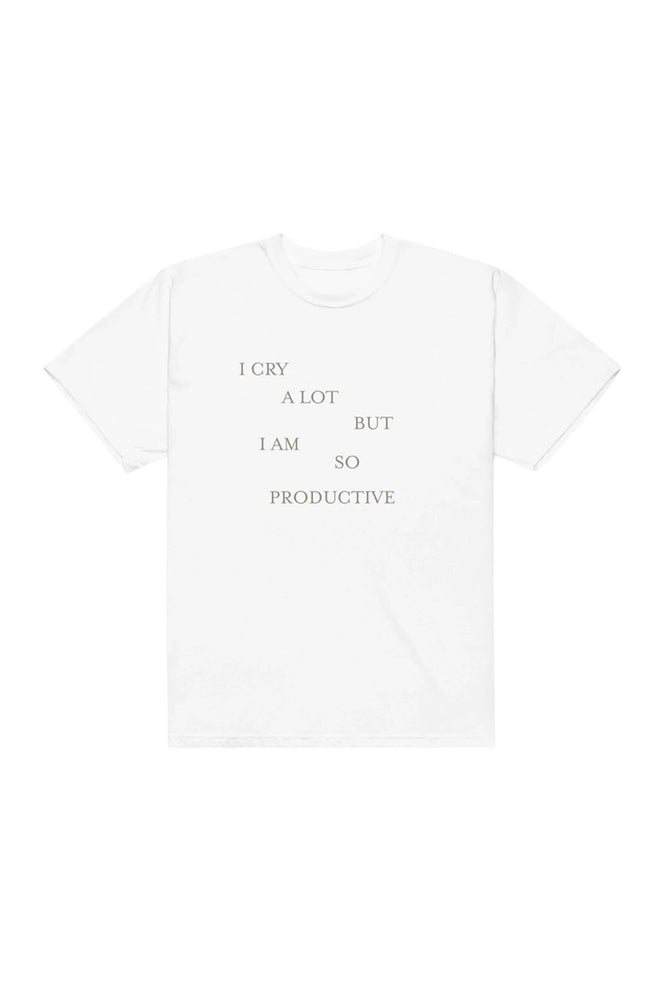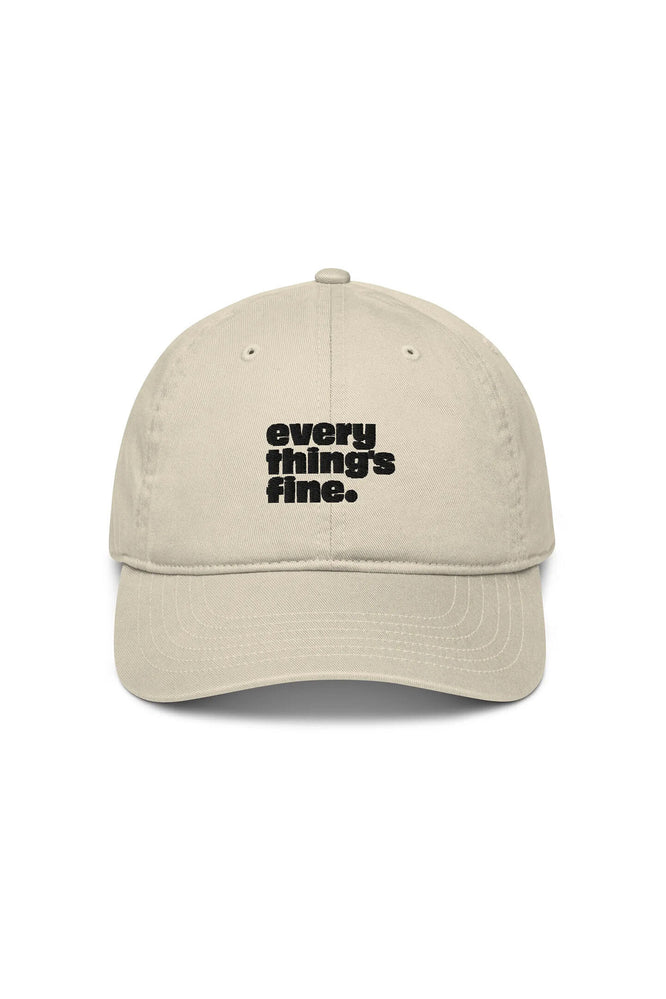Last week at the Economic Club of New York, Donald Trump was asked a very straightforward, simple question about one of the most important issues facing Americans today: childcare. In response, he gave a rambling, incoherent, and blatantly absurd answer that failed to touch on even the tiniest crumb of relevant evidence or fact, while gesturing vaguely at tariffs that almost every economist thinks are a bad idea. Here, read it for yourself:
“Well, I would do that, and we’re sitting down. You know, I was somebody — we had, Senator Marco Rubio, and my daughter Ivanka, was so impactful on that issue. It’s a very important issue.
“But I think when you talk about the kind of numbers that I’m talking about — that, because look, child care is child care, couldn’t — you know, there’s something — you have to have it in this country. You have to have it. But when you talk about those numbers, compared to the kind of numbers that I’m talking about by taxing foreign nations at levels that they’re not used to. But they’ll get used to it very quickly. And it’s not going to stop them from doing business with us. But they’ll have a very substantial tax when they send product into our country. Those numbers are so much bigger than any numbers that we’re talking about, including child care, that it’s going to take care. We’re going to have — I look forward to having no deficits within a fairly short period of time, coupled with the reductions that I told you about on waste and fraud and all of the other things that are going on in our country.
“Because I have to stay with child care. I want to stay with child care. But those numbers are small relative to the kind of economic numbers that I’m talking about, including growth, but growth also headed up by what the plan is that I just — that I just told you about. We’re going to be taking in trillions of dollars. And as much as child care is talked about as being expensive, it’s, relatively speaking, not very expensive compared to the kind of numbers will be taking in.
“We’re going to make this into an incredible country that can afford to take care of its people. And then we’ll worry about the rest of the world. Let’s help other people. But we’re going to take care of our country first. This is about America first. It’s about make America great again. We have to do it because right now, we’re a failing nation. So we’ll take care of it. Thank you. Very good question. Thank you.”
This is an answer entirely detached from reality, hopelessly meandering, for which he should be awarded zero points. It’s offensive as a response to a seventh-grade social studies project, let alone as a substantive policy from a future president, and media coverage has reflected that. Finally.
Because for the same media that made a furor over the verbal stumbles from President Biden — a man working around a speech impediment and known as a gaffe machine for decades — Trump’s incomprehensible word salad has been given a pass. Trump has sounded like this from the moment he launched his campaign in June 2015, and in the subsequent nine years (I know), he has only gotten less and less coherent. Yet it has taken until we are on the brink of possibly reelecting him that Trump has come under inspection for the quality of his explanations.
And it’s not just the illogic of his rhetoric, it’s the emptiness of the answers as well. There is no there there, no substance, no meaning. Even tidied up with punctuation and paragraph breaks (generous work, to be sure), there is nothing for a current or prospective parent to grasp that will give them a sense of how the government will help under the auspices of Donald Trump. This is as true for childcare, a massive economic and personal issue to families, as it is for every other major issue in the country. Trump doesn’t have anything coherent to say about water conservation or food safety or healthcare or abortion rights or energy transition or infrastructure or national defense or public safety or civil rights or the housing shortage either. And he never will.
The failure of Trump to deliver any kind of meaning or detail is on him; the failure to communicate his inability to offer any is on reporters. For years, we have drifted away from covering political campaigns as the job interviews they are, allowing candidates at every level of the ticket to rely on vague ideological answers instead of having thoughtful, substantive approaches because it is less work for talking heads and pundits and reporters on the campaign beat. Distinguishing between a misstatement and a lie requires context and understanding; grasping the nuances of policy demands research and knowledge. It’s easier to reduce everything down to optics and write down how people react to rhetoric than to study how the government works and explain what the likely impact of policy would be.
As the campaign moves forward then, it’s on us to demand better — from the candidates and the media that covers them. We saw this somewhat during the debate as moderators fact-checked the candidates in real time. And we should continue to demand this going forward. We shouldn’t get distracted by answers that wander everywhere but leave us nowhere. These are the people who will have the power to reshape government, implement policy, and impact the most foundational aspects of our lives. We deserve responses that demonstrate skill, care, consideration, and competence. And we deserve coverage that asks for all of it.



















































